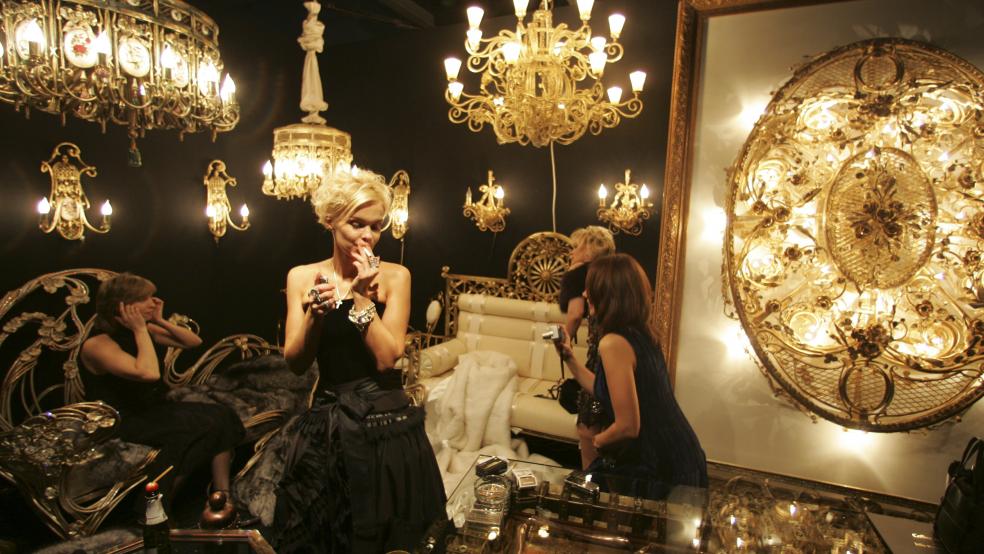The combined wealth of the world's richest 1 percent could overtake that of the other 99 percent by 2016, according to a report by Oxfam published Monday, as billionaires, politicians and business leaders gather in Davos for the annual World Economic Forum.
In a study called "Wealth: Having it all and wanting more," the international charity warned that a sharp rise in inequality was holding back the fight against global poverty at a time when 1 in 9 people do not have enough to eat and more than a billion people live on less than $1.25 a day.
Related: Obama Budget Strategy Taxes the Rich to Give to the Middle Class
Of the remaining 52 percent of global wealth in 2014, about 46 percent was owned by the rest of the richest fifth of the world's population. The other 80 percent of the world shared around 5.5 percent, according to Oxfam.
Rising inequality has moved into the spotlight in recent years amid concerns that living standards have been hit by slow economic recovery in the wake of the global financial crisis.
In a report published last month, U.K.-based think-tank New Economics Foundation said that rising economic inequality was a major cause of the financial crisis and urged the need to implement policies that reduced inequality.
French economist Thomas Piketty's well-known book, Capital in the Twenty-First Century, warned that the global economy would be hurt if rising inequality is left unchecked.
Related: Romney's New War on Poverty for 2016
"Do we really wan to live in a world where the 1 percent own more than the rest of us combined? The scale of global inequality is quite simply staggering and despite the issues shooting up the global agenda, the gap between the richest and the rest is widening fast," Oxfam's Byanyima said in a statement.
"In the past 12 months we have seen world leaders from President (Barack) Obama to (International Monetary Fund Managing Director) Christine Lagarde talk more about tackling extreme inequality but we are still waiting for many of them to walk the walk."
Measures that Oxfam is calling for to tackle inequality include a clamp down on tax dodging by firms and wealthy individuals, and investment in free, universal public services such as health and education.
Related: Why the Next President Will Be a Self-Man Man or ...
"Sadly, there are still billions of people who live in poor countries with dysfunctional economies," Ryan Bourne, head of public policy at the London-based Institute of Economic Affairs, said in a statement following the publication of Oxfam's report.
"Rather than focusing on the top 1 percent we should be promoting policies such as free trade, open markets, stable property rights, and the elimination of corruption that can ensure that many other countries can replicate the Asian growth miracle."
This article originally appeared in CNBC.
Read more in CNBC:
Eastwood's 'Sniper' targets US box office record
Billionaire who bet against housing reaps reward
Here's what the Swiss move just exposed




